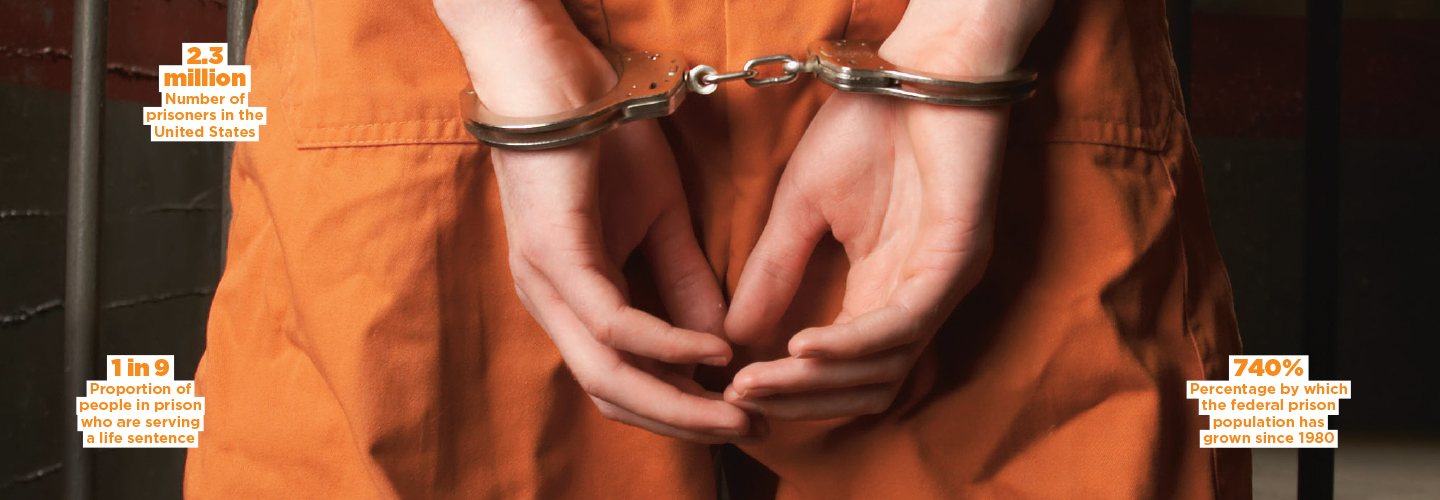By the time Jason Hernandez got out of prison, his son had become a stranger.
When Hernandez was found guilty of selling drugs in 1998, his son—also named Jason—was 6 months old. Though Hernandez’s crime was nonviolent, federal laws required a sentence of life in prison without parole, plus 320 years.
At first, Hernandez saw Jason on visits. But then Hernandez was sent to a prison hundreds of miles from where his son lived in McKinney, Texas. The visits, and all communication, stopped.
In 2013, Hernandez got an extraordinary second chance.
Then-President Barack Obama commuted, or shortened, his sentence. But his homecoming was not what he had imagined. Jason didn’t call him “Dad.” He didn’t respond when Hernandez said, “I love you.”
“I missed his first steps, his first words,” says Hernandez, 40, of Jason, now 19. “There’s just so much you can never get back.”
Hernandez and his son are hardly alone in dealing with the long-term effects of incarceration. Today, about 2.3 million people are behind bars in the United States, compared with 500,000 just 30 years ago.
By the time Jason Hernandez got out of prison, his son had become a stranger.
Hernandez was found guilty of selling drugs in 1998. At the time, his son, also named Jason, was 6 months old. Hernandez’s crime was nonviolent, but federal laws required a sentence of life in prison without parole, plus 320 years.
At first, Hernandez saw Jason on visits. But then Hernandez was sent to a prison hundreds of miles from where his son lived in McKinney, Texas. The visits, and all communication, stopped.
In 2013, Hernandez got a very unusual second chance. Then-President Barack Obama shortened his sentence. But returning home was not as Hernandez had imagined it would be. Jason didn’t call him “Dad.” He didn’t respond when Hernandez said, “I love you.”
“I missed his first steps, his first words,” says Hernandez, 40, of Jason, now 19. “There’s just so much you can never get back.”
Hernandez and his son are not alone in dealing with the long-term effects of incarceration. Today, about 2.3 million people are behind bars in the United States. Just 30 years ago, only 500,000 were.

